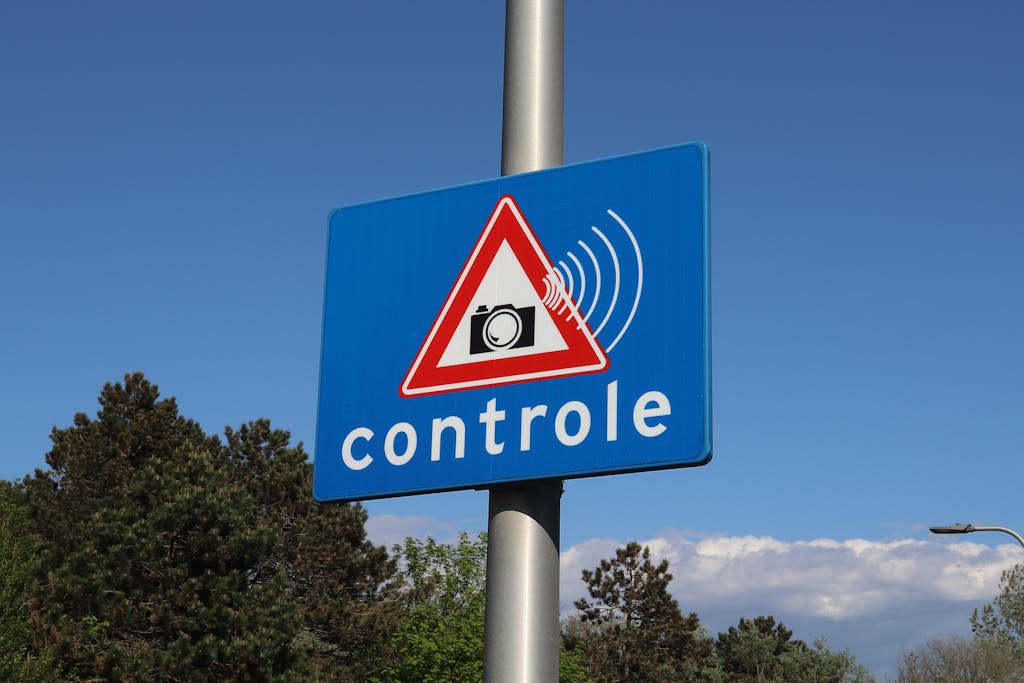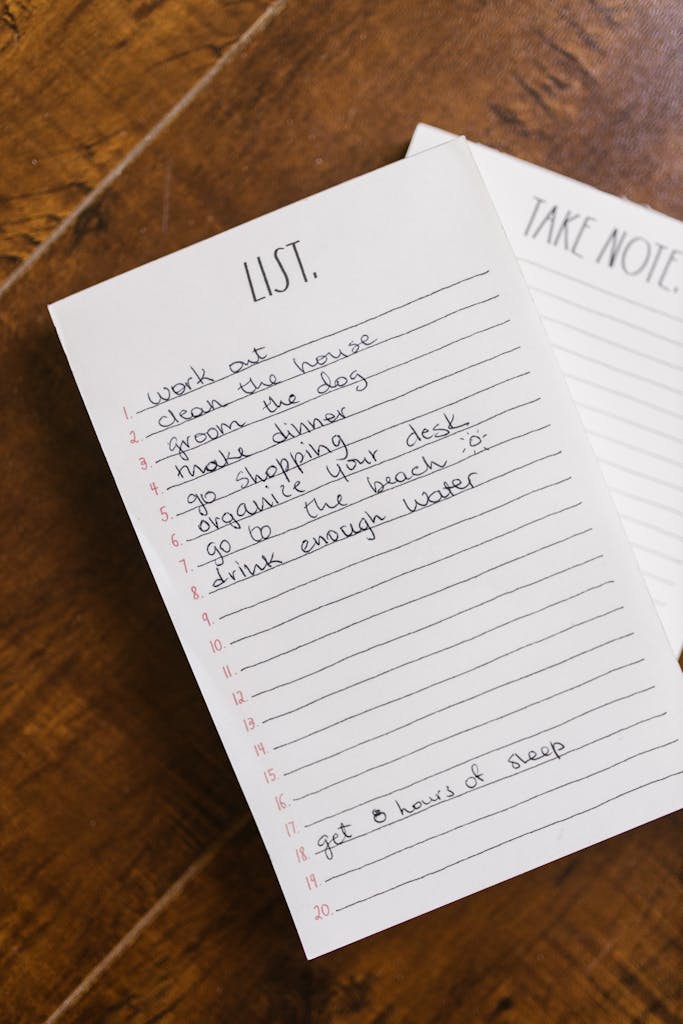
You know that feeling when everything hits at once—deadlines pile up, your phone won’t stop buzzing, and your brain feels like it’s stuck in quicksand? That’s overwhelm knocking at your door, and here’s the truth: most people wait until they’re drowning before they learn to swim. But you’re different. You’re about to discover the exact system that transforms chaos into clarity, panic into power. The professionals don’t just survive overwhelm—they anticipate it, intercept it, and turn it into their competitive advantage.
Recognize the Early Warning Signs of Overwhelm Before It Takes Control

The sneaky thing about overwhelm is that it doesn’t announce itself with a loud alarm – it creeps up on you like fog rolling in! You’ll start noticing your thoughts racing faster than a hamster on a wheel, jumping from task to task without finishing anything. Your body sends signals too – tight shoulders, shallow breathing, that knot in your stomach that wasn’t there yesterday.
Watch for emotional red flags! You’re snapping at people you care about, feeling irritated by small things that normally wouldn’t bother you. Sleep becomes elusive, you’re forgetting important details, and decision-making feels impossible.
Here’s your power move: create a personal early warning system. Check in with yourself hourly, asking “How’s my energy? What’s my stress level?” Catch overwhelm early, and you’ll maintain control!
When overwhelm persists, you might experience emotional numbness, feeling detached from loved ones and unable to engage with daily activities despite going through the motions.
Master the Art of Immediate Stress Response and Emergency Calm-Down Techniques
Once you’ve spotted those early warning signs, you need a rapid-response toolkit that works faster than a microwave dinner! Master these power moves to regain control instantly.
The 4-7-8 Breathing Technique
Inhale for 4 counts, hold for 7, exhale for 8. This activates your parasympathetic nervous system, literally rewiring your stress response in under 30 seconds!
The Cold Water Reset
Splash cold water on your wrists and behind your neck. It’s like hitting your body’s reset button – instant calm, guaranteed.
The 5-4-3-2-1 Grounding Method
Name 5 things you see, 4 you can touch, 3 you hear, 2 you smell, 1 you taste. This yanks your mind from chaos back to the present moment, giving you immediate mental clarity and emotional control.
Remember that naming emotions actually helps tame their intensity, so don’t be afraid to acknowledge what you’re feeling while using these techniques.
Build Your Mental Resilience Through Strategic Prioritization and Boundary Setting

While emergency techniques save you in crisis moments, building unshakeable mental resilience requires you to get ruthless about what deserves your energy!
Strategic prioritization isn’t about cramming more into your day—it’s about wielding your focus like a weapon. You’ll eliminate the noise that’s drowning your potential!
| High-Impact Tasks | Energy Drains |
|---|---|
| Revenue-generating activities | Endless social media scrolling |
| Skill development | Toxic conversations |
| Health maintenance | Perfectionism projects |
| Key relationships | People-pleasing commitments |
| Strategic planning | Reactive busy work |
Set boundaries like your success depends on it—because it does! Start saying “no” to requests that don’t align with your priorities. You’re not being selfish; you’re being strategic. When you protect your mental bandwidth, you’ll have the clarity to tackle what truly matters and build lasting resilience. Remember that active recovery strategies are significantly more effective than passive rest for actually restoring your mental and emotional energy.
Develop Long-Term Emotional Regulation Skills for Sustainable Balance
Beyond quick fixes and emergency tactics, emotional regulation becomes your superpower when you master the skills that work for decades, not just days! You’re building an empire of inner strength that’ll serve you through every storm life throws your way.
Start with the fundamentals: daily emotional check-ins where you name what you’re feeling without judgment. This isn’t touchy-feely stuff—it’s strategic intelligence gathering! Practice the 5-4-3-2-1 grounding technique regularly, not just during crises. Identify five things you see, four you touch, three you hear, two you smell, one you taste.
Develop your emotional vocabulary beyond “stressed” and “fine.” The more precisely you can name your feelings, the better you control them. Create personal emotional regulation protocols—your go-to responses for anger, anxiety, and overwhelm that you practice until they’re automatic.
Remember that chronic stress elevates cortisol levels, which undermines your immune system and makes it harder to bounce back from both physical and emotional challenges.
Create Your Personal Overwhelm Recovery System and Prevention Plan
Since you’ve developed those rock-solid emotional regulation skills, it’s time to build your personal overwhelm recovery system—think of it as your emergency response team that kicks into high gear the moment life gets messy! You’re creating your power toolkit here, and it’s going to be absolutely game-changing!
Start by mapping your overwhelm triggers—write them down, name them, own them! Next, create your rapid-response protocol: three specific actions you’ll take immediately when overwhelm hits. Maybe it’s deep breathing, a quick walk, or calling your accountability partner.
Then design your prevention schedule—weekly check-ins with yourself, monthly goal reviews, and quarterly life audits. You’re not just surviving overwhelm anymore; you’re mastering it completely! This system becomes your personal command center for maintaining control.
Include supportive touch techniques like placing your hand over your heart for 30 seconds to activate your body’s natural soothing system and trigger the release of oxytocin during high-stress moments.
Conclusion
You’ve got this! Recall, overwhelm isn’t permanent—it’s just a signal that you need to pause, breathe, and activate your toolkit. Start with recognizing those early warning signs, then practice your calm-down techniques daily. Set those boundaries fiercely, prioritize like a boss, and stick to your recovery system. Don’t wait for the next crisis—build these skills now. Your future self will appreciate you when life gets crazy again!




Leave a Reply